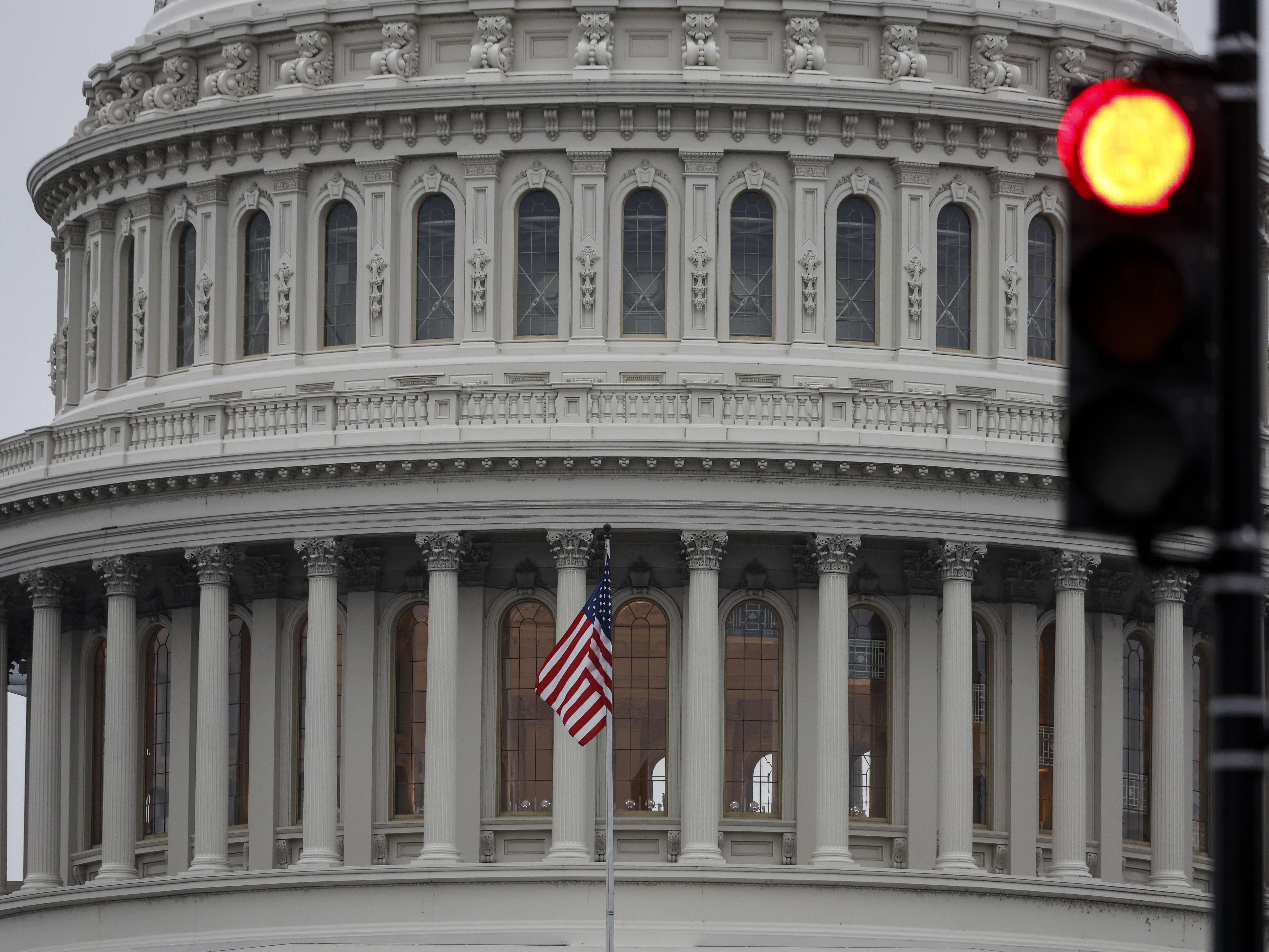Opinion
September-18-2023

- Extreme weather could get worse
- As we near the end of the summer, climate scientists warn that the unprecedentedly high temperatures and weather disasters we have seen this year can be considered the "new normal."
September-18-2023

- Our summer pests risk becoming year-round pests
- As the climate warms, tropical diseases are now sweeping across Europe and Sweden. Our leaders must wake up and realize that these diseases are no longer a distant threat.
September-11-2023

- Partisan politics drive anti-China rhetoric in US Congress
- In the United States, both parties have reached a consensus on taking a tough stance against China. However, behind this, each party has its own political calculations and ambitions.
September-8-2023

- The pathway to China-Australia normalization
- China and Australia held their first economic and trade dialogue since 2020 on Thursday, heralding a breakthrough in bilateral relations that have been frozen for years.
September-7-2023

- Why US adopts new EV rules
- The U.S. has adopted new electric vehicle rules with an intention to contain the development of the EV industry of other countries, especially China. Such provisions not only create a "double discrimination" against Chinese EV makers, but also will ultimately undermine the clean energy transition across the world.
September-7-2023

- African countries benefit from BRI
- The BRI has proven itself as a pivotal platform for mutual cooperation, facilitating nations in sharing opportunities and seeking common development. The African continent exemplifies such collaborative growth.
August-21-2023

- ?US strategy of 'de-risking' cannot guarantee its hegemony
- Through restrictions and embargoes, the U.S. is seeking to cut off China's access to high-end tech. However, this approach comes with significant risks and uncertain outcomes.
August-16-2023

- American hegemony is propped up by never-ending debt
- The U.S. is pursuing financially unstable policies to forcibly invest in a hegemonic position, which has led the national debt to balloon. Such overindulgence in debt has damaged its financial credibility.
August-15-2023

- Why more countries show interest in joining BRICS
- The growing number of countries that would like to join BRICS shows the increasing influence of the bloc and interest in how it can help developing countries outside of U.S.-centric international policy.
August-14-2023

- US should take credit downgrade as a warning
- Having a rating of AA+ is not a crisis. But the negative trend is concerning. The problem did not arise yesterday, and it will not go away tomorrow. The U.S. should take it as a warning and a call to act now.


